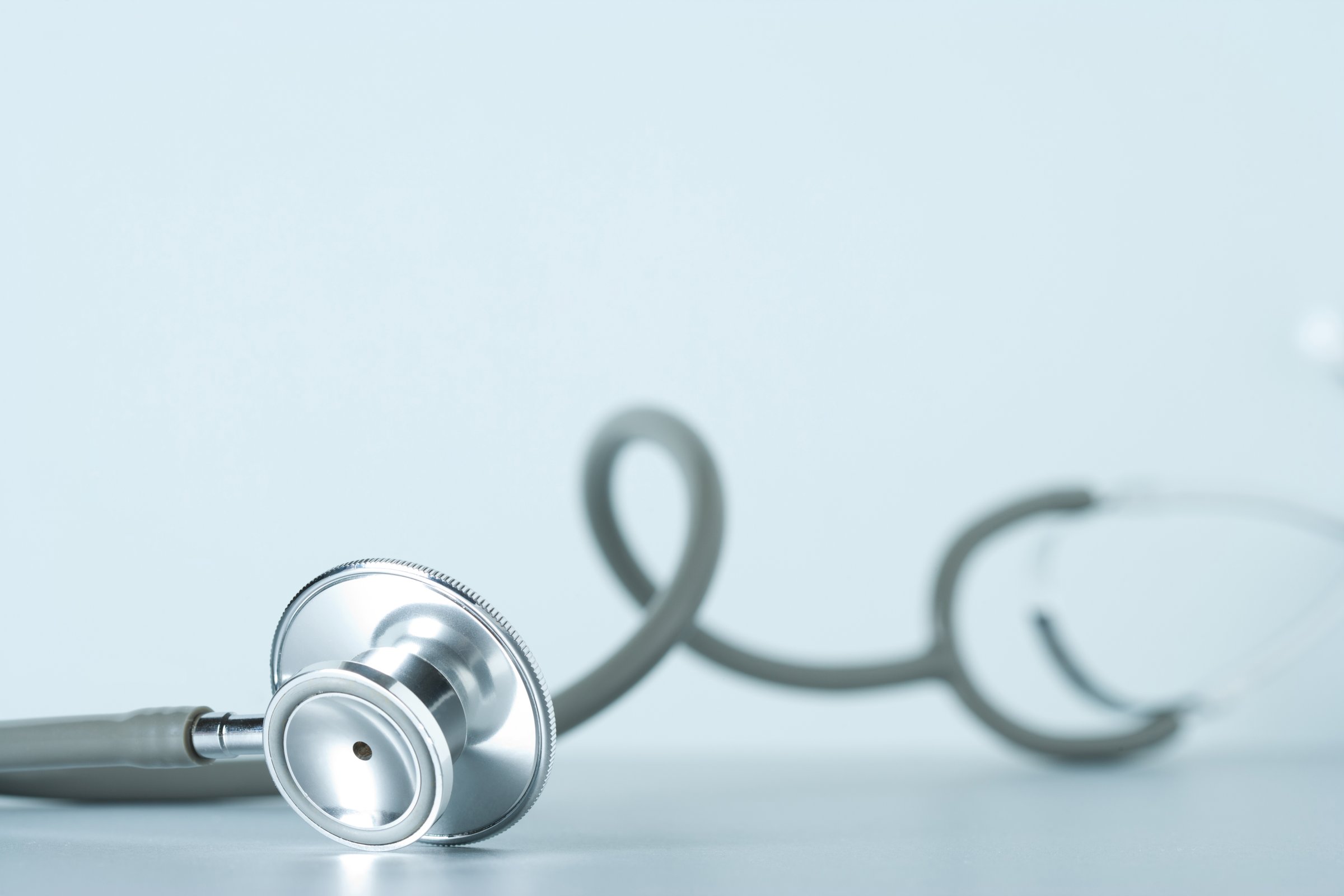
Doctors are health professionals, yet they have far higher rates of depression than the average person. According to a new analysis, that elevated risk is present even before they become doctors, back when they’re in medical school.
In the new research published in the Journal of the American Medical Association, researchers analyzed nearly 200 studies of 129,000 medical students in 47 countries. They found that 27% of medical students had depression or symptoms of it, and 11% reported suicidal thoughts during medical school.
Medical students were two to five times more likely to have depression than the general population; their depression prevalence ranged from 9%-56%.
Despite these alarming numbers, few medical students sought treatment from a healthcare provider. “Only 16% of the medical students who screened positive actually saw someone,” says study author Dr. Douglas Mata, a pathology resident at Brigham and Women’s Hospital. “It’s kind of paradoxical, give that they should recognize the signs better than anyone.”
Last year, Mata and his team discovered a similarly high rate of depression (29%) among residents, freshly minted doctors who practice in a hospital for their graduate medical education after medical school.
And in the new data, medical students were just as depressed whether they were in their beginning years, during which they’re in classes, and their later years, when they practice in the hospital.
Medical training is notoriously stressful and competitive, requiring long hours of studying, training and staying awake starting in medical school. As TIME explored in an in-depth story, other factors contributing to doctors’ higher rates of depression include stigma against seeking mental health care and time constraints for doing so.
More research is needed to compare medical students to students in other stressful educational institutions, like law or business school. Some studies have shown that they, too, tend to have elevated depression. “Maybe there is something about the inherent stress of being a student that increases your risk that’s not entirely specific to medicine,” Mata says.
Unfortunately, though, the problem is more than just a national one. “We tend to think of the United States as having a more unforgiving training system than some other countries, but we actually didn’t see a big difference between the U.S. and all the other countries grouped as a whole,” Mata says. “This is a worldwide problem.”
More Must-Reads from TIME
- Welcome to the Golden Age of Scams
- Introducing TIME's 2024 Latino Leaders
- How to Make an Argument That’s Actually Persuasive
- Did the Pandemic Break Our Brains?
- 33 True Crime Documentaries That Shaped the Genre
- The Ordained Rabbi Who Bought a Porn Company
- Why Gut Health Issues Are More Common in Women
- The 100 Most Influential People in AI 2024
Write to Mandy Oaklander at mandy.oaklander@time.com